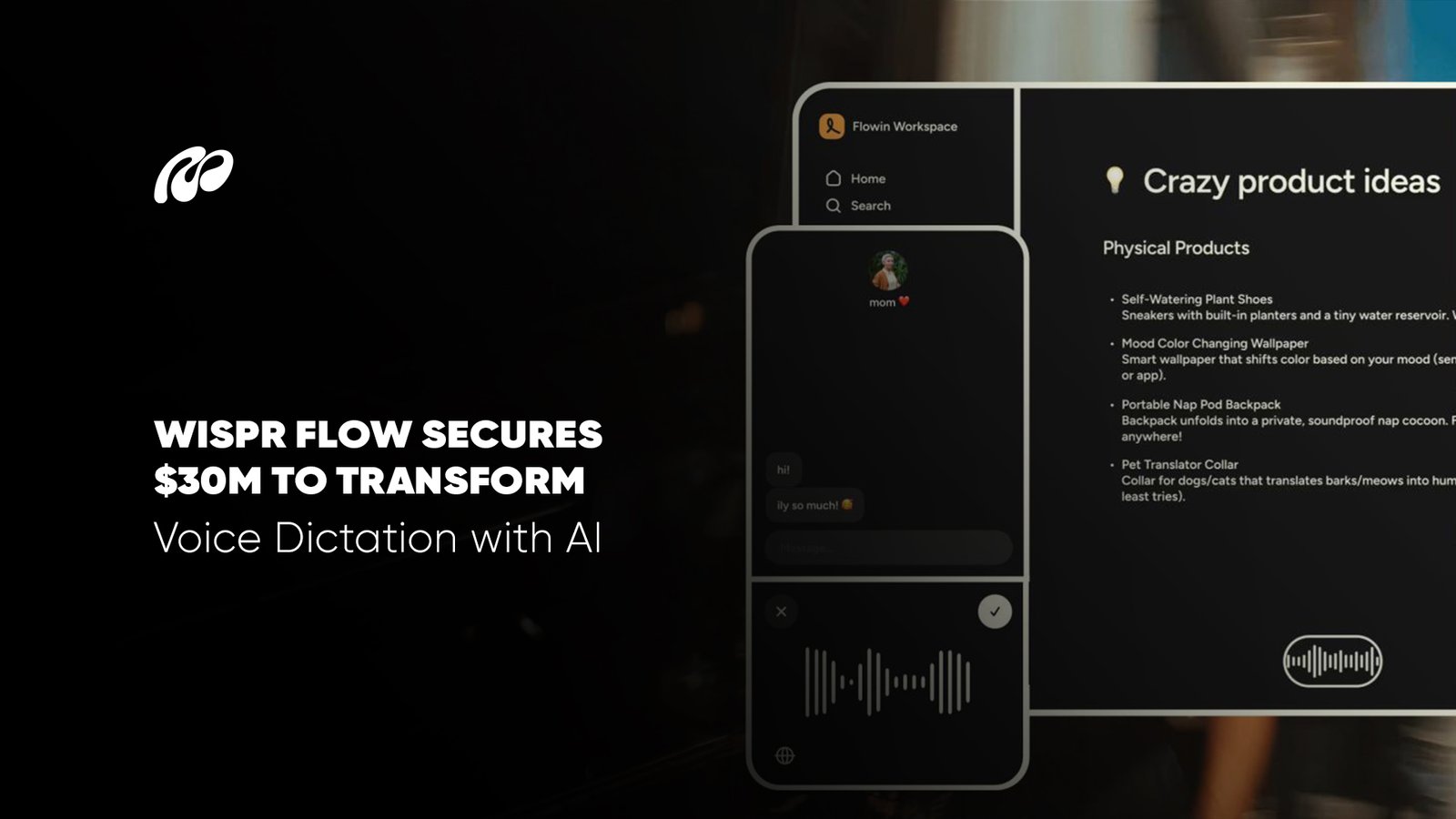Summary
- OpenAI postpones AI Deep Research features to promote ethical AI development, accessibility, and computational feasibility, ensuring responsible use of advanced research tools.
- Improving ChatGPT’s analytical models is an important step in making AI research tools more equitable, transparent, and broadly available.
- Sam Altman underlines AI inequality, supporting OpenAI’s commitment to making AI benefits available to all users, not just privileged ones.
OpenAI continues to lead the artificial intelligence market with cutting-edge models and powerful capabilities. Despite its rapid improvements, AI Deep Research functionalities are conspicuously lacking from the Open AI API. While corporations and developers demand more advanced AI-powered analytical tools, OpenAI is wary about incorporating OpenAI Research ChatGPT analysis into its API OpenAI ecosystem.
The company’s hesitation to provide AI Deep Research tools is due to a variety of factors, including ethical concerns, computing limits, and potential misuse. With AI playing an increasingly important role in automation and decision-making, OpenAI is taking conscious steps to guarantee that its research models are compliant with regulatory standards and promote responsible AI use.
As discussions about AI inequality and accessibility grow, Sam Altman, OpenAI’s CEO, has emphasized the importance of ensuring AI’s benefits reach a broader audience. According to Sam Altman’s AI Benefits and Inequality, OpenAI is focused on bridging the AI gap rather than deploying features that may result in inequities in research accessibility.
Who Needs Deep Research? Exploring Its Purpose and Audience
AI Deep Research tools are in high demand across multiple fields, including academia, business analysis, independent research, and politics. These tools are intended to examine large datasets, discover trends, and provide complicated insights, potentially revolutionizing medical research, financial forecasts, and social behavior analysis.
However, OpenAI is aware that integrating these capabilities into the OpenAI API could raise concerns about data privacy, misinformation, and bias. Recent debates on AI transparency, as explored in ChatGPT vs. Bing Chat, highlight the risks of unregulated AI-powered research tools, which can produce misleading or biased results if not properly monitored.
Furthermore, ChatGPT-4 vs. ChatGPT-3.5 has demonstrated that although advances in AI lead to greater accuracy and in-depth analysis, they also require more processing power. Significant infrastructure modifications would be necessary to include OpenAI deep research API, which could result in increased API charges and accessible restrictions.
Another important concern is the legitimacy of AI-generated content. GPTZero, an AI detection tool discussed in About GPTZero, emphasizes the growing demand for AI-generated content verification. As OpenAI refines its models, ensuring trustworthy AI-driven research results remains a top priority before these features can be introduced into the API OpenAI.
As mentioned in Mattrics, where continuous research into ChatGPT, Bing Chat, and AI-generated content identification offers important insights into the development of AI research skills, industry professionals are still comparing AI performance across platforms. Developers and companies will need to look at alternate options for AI-driven analysis while keeping an eye on OpenAI’s upcoming developments until the company discovers a workable and moral way to deploy AI Deep Research.





